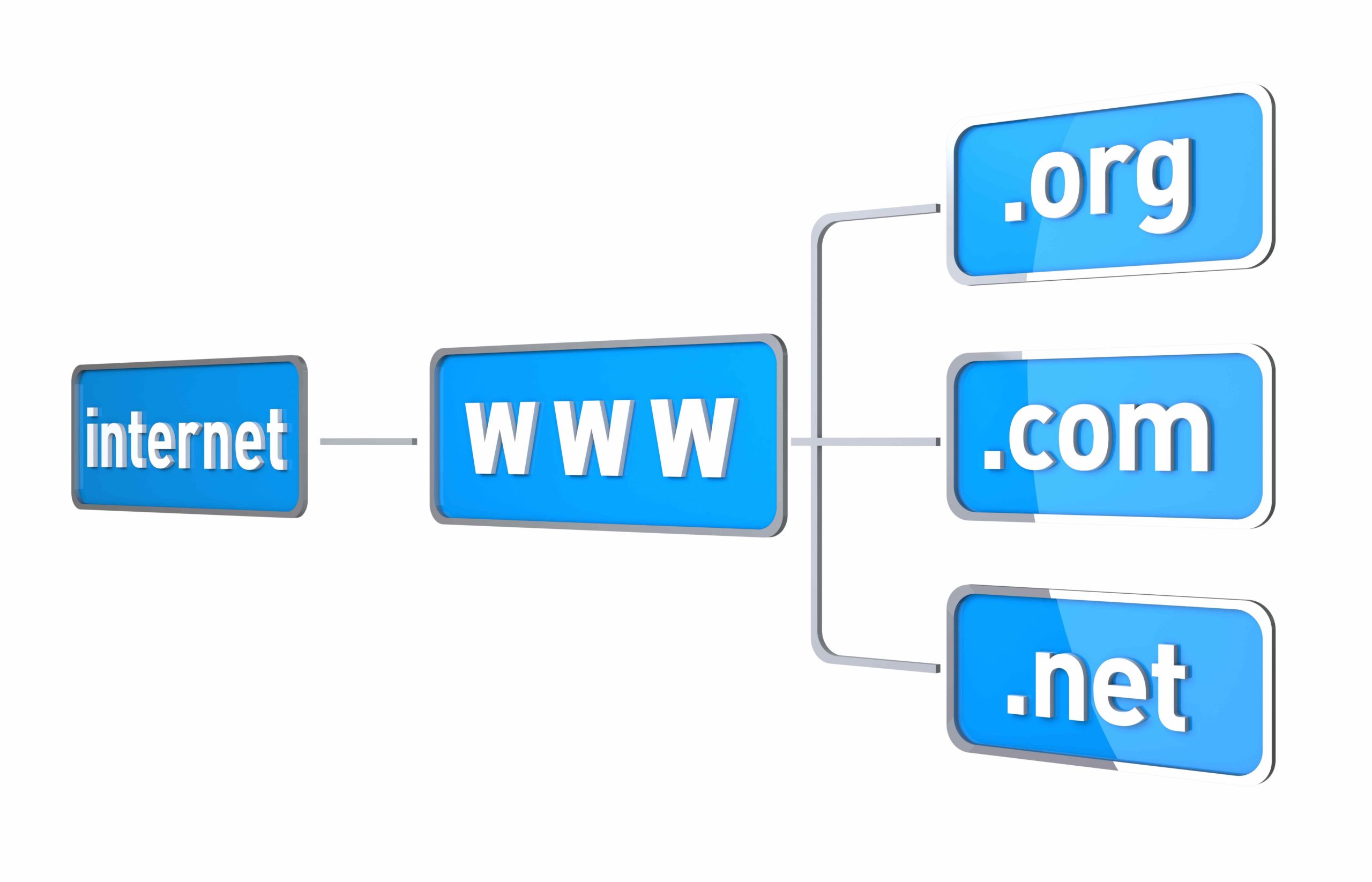
Domain Name registrars manage the registration of Internet domain names which are essential for any website to be found online.
In this article, we’ll explain how registrars work and what you should look for when choosing one.
Key Takeaways
- A domain registrar manages the registration of Internet domain names and must be accredited by a gTLD and ccTLD registry.
- Registrars provide access to the WHOIS database and are responsible for maintaining accurate records.
- Domain registrars manage the reservation of domain names and delegate domains to Name Servers.
- When choosing a domain registrar, consider factors such as site uptime, customer service, available TLDs, features offered, and domain transfer options.
How do domain registrars work?
Domain registrars manage the reservation of Internet domain names within their top-level domain. They maintain the database of names registered within the TLD and delegate domains to Name Servers.
When a domain name is entered into a web browser, the domain name server translates the name into an IP address and directs the browser to that computer.
Domain registrars play an important role in website security. They must be accredited by a registry to ensure accurate records and help protect user privacy.
What is the difference between a registrar and a registry?
While both are responsible for managing the registration of domain names, they have different roles and responsibilities.
A registrar is an accredited organization that manages the reservation of a domain name and is responsible for maintaining accurate records. They also provide access to the WHOIS database for each registered domain name. Registrars also play a role in DNS security and protecting user privacy.
On the other hand, a registry is an organization that operates the top-level domains (TLDs) such as .com or .net. They are either operated by private entities contracted by ICANN or by national governments or Internet communities.
What is a domain registrant?
A domain registrant is an individual or organization that registers a domain name. The process of domain name registration involves finding an available domain name, registering it with a registrar, and then setting it up with a Name Server.
What does it mean to buy a domain name?
Legally speaking, domain name ownership refers to the right to control the registration and use of a domain name. This includes the right to renew, transfer, or delete a domain name. Ownership also provides the right to use the domain name for any purpose, including branding and marketing.
When registering a domain name, the registrant must agree to certain terms and conditions that outline the rights and responsibilities associated with domain ownership. These terms usually include clauses that forbid the registrant from violating the intellectual property of others and the laws of the applicable jurisdiction.
Domain name ownership can have a significant impact on an online brand and marketing strategies. For instance, it can be used to establish and promote a website, to create a memorable online presence, and to protect a brand identity. Domain owners can also leverage their domain name to promote products and services through email, social media, and search engine marketing.
How to find out who owns a domain name, you can learn here.
What to Look for in a Domain Registrar
When selecting a domain registrar, it’s important to consider factors such as price, reputation, customer support, and the extra services it offers.
Make sure the registrar supports the top-level domains you want to use and that it offers features like WHOIS privacy, auto-renewal, and email addresses.
Look for a registrar that also offers hosting solutions.
Prices
The domain renewal fees usually vary between $10 and $50 per year. If you own a few domain names, the cost of the renewal fees is not a driving factor when choosing a registrar. However, if you own hundreds of domains, even a few dollars of difference in the renewal price may result in savings or a significant increase in your expenses. Some registrars also have fees for transferring a domain or additional services, such as Privacy protection.
Reputation
You need a domain registrar with a good reputation and positive feedback from its customers. Unfortunately, big registrars usually are “too big to care” for small clients and are neglecting or delaying resolving customer issues or disputes.
Customer support
Look for a domain registrar that offers excellent customer service and features, so you can quickly resolve any issues that may arise. Normally you wouldn’t have to contact the support at all, but in case you have to, you want to communicate with a professional and helpful support team.
Extra services – WHOIS privacy, auto-renewal, email addresses, hosting, and more
Not only should you look for a domain registrar with excellent customer service, but it’s also important to consider what extra services they offer, such as WHOIS privacy, auto-renewal, email addresses, hosting, and more.
If you are interested in PBN hosting, you can learn more here: https://quirk.biz/what-is-pbn-hosting/
Does it support the TLDs you want to use
Before choosing a domain registrar, make sure it supports the TLDs you want to use. While popular TLDs such as .com .net .org are supported by most of the registrars, some specific ccTLDs are maintained only by a few registrars.
How do domain name registrars protect user privacy
Domain name registrars have several measures in place to protect user privacy. These include:
- Offering private domain name registration, which replaces personal contact information with that of a privacy service provider
- Ensuring that data is securely stored and encrypted
- Allowing users to opt out of public WHOIS databases
What role do registrars play in DNS security?
The role of registrars in DNS security is to provide a safe and secure environment for domain name registrants, as well as ensure that domain names are properly registered and managed.
With the implementation of DNSSEC, domain registrars are now responsible for verifying and authenticating the data before it’s sent to the DNS server. This helps to ensure that the data can’t be tampered with or modified in transit.
Registrars also ensure that the domain name is properly updated in the DNS records, which prevents malicious actors from taking control of the domain name.
Conclusion
Overall, domain name registrars are essential for creating an online presence. They offer a variety of services, from registering your domain name to protecting your personal information. When choosing a registrar, it’s important to consider factors such as price, customer service, and privacy policies.
With the right registrar, you can get your website up and running quickly and easily. With all this in mind, it’s clear that domain name registrars are an invaluable asset for anyone looking to create an online presence.

































































